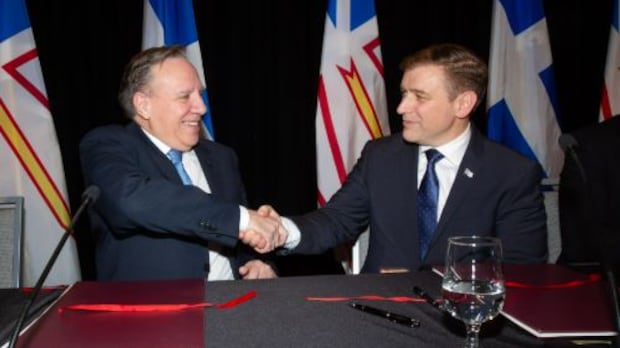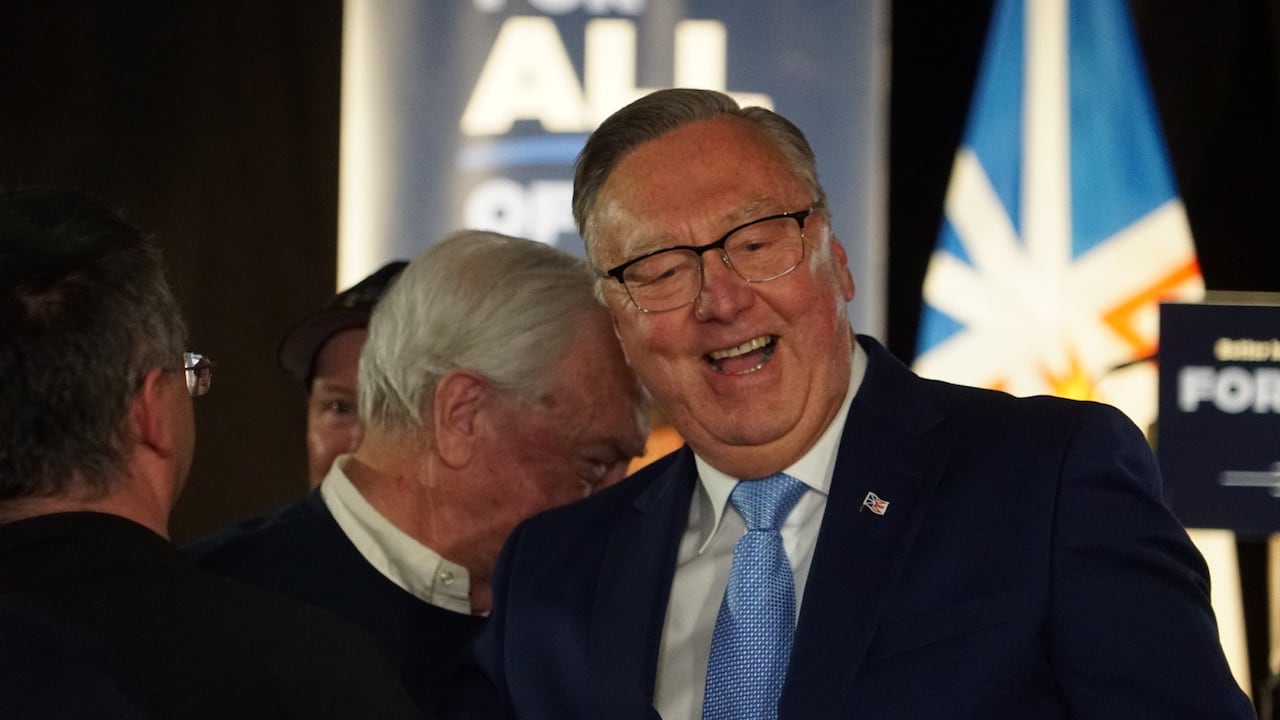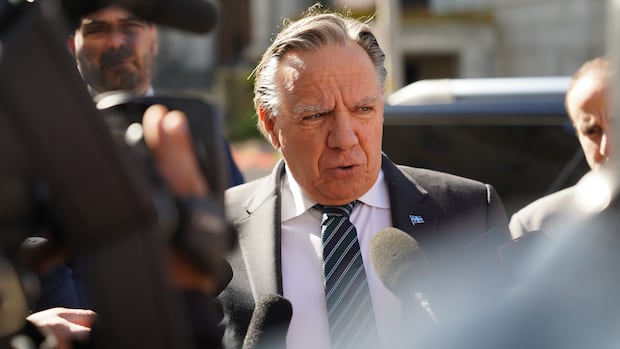Following a change in government in Newfoundland and Labrador, there is an air of uncertainty around that province’s massive but tentative hydroelectric agreement with Quebec.
The tentative deal, known as the Churchill Falls MOU, would replace the 1969 contract — widely considered unfair to Newfoundland and Labrador.
The MOU, which was signed last December, outlines several new hydroelectric developments — one of them being the long-discussed Gull Island project targeted for commission in 2035.
Newfoundland and Labrador Hydro and Hydro-Québec also planned to build a second plant at Churchill Falls while boosting production at the existing Churchill Falls complex.
On Tuesday night, Tony Wakeham and Progressive Conservative party secured a majority government and put an end to 10 years of Liberal rule in the province.
Now, they’re casting doubt on the hydroelectric deal.
The premier-designate has pledged not to proceed with any deal on the Churchill River unless voters give it the green light in a referendum.
“We will develop Churchill Falls. We will develop Gull Island. We will electrify Labrador. We will develop our resources, with our workers, for the benefits of our communities,” Wakeham said in his victory speech.
“But the era of a rubber-stamp government is over. When it comes to our province’s resources, we will be the ones calling the shots.”
Wakeham stated that he would demand a “true independent review” of the deal and share its conclusions with the public.
“If this agreement needs to be amended or renegotiated, we will do so,” said Wakeham.
WATCH | More details about the tentative deal:
Breaking down the details — and risks, rewards — of a new Churchill Falls agreement
There was applause, hugs and almost too many politicians to count in St. John’s Thursday, when the premiers of Quebec and Newfoundland and Labrador announced a memorandum of understanding to end the notorious Churchill Falls agreement 17 years early. A new deal, if sanctioned, scores of billions of dollars flow in N.L. coffers for decades to come. The CBC’s Terry Roberts explains.Legault congratulates Wakeham, says deal is a good one
Quebec Premier François Legault reiterated his support Wednesday morning for the agreement.
In his congratulatory message on X to the new premier, Legault said the deal is “beneficial for both Newfoundland and Labrador and Quebec.”
“Rest assured that we are fully committed to continuing our collaboration with Newfoundland and Labrador,” wrote Legault Wednesday morning.
 Premier-designate Tony Wakeham celebrates a majority win for the Progressive Conservatives. (Maddie Ryan/CBC)
Premier-designate Tony Wakeham celebrates a majority win for the Progressive Conservatives. (Maddie Ryan/CBC)
Hydro-Québec, in a statement to Radio-Canada, echoed Legault’s sentiment.
“We remain confident that the current agreement is fair and beneficial to both parties,” wrote Hydro-Québec, also congratulating Wakeham for his victory.
“We have made significant progress in recent months toward reaching a detailed agreement and are committed to continuing negotiations with our partner [Newfound and Labrador Hydro.]”
The MOU is expected to earn both provinces more than $200 billion over the next 50 years.
Legault is entering the final year of his second mandate as Quebec’s premier. The province’s next election is scheduled for Oct. 5, 2026.

